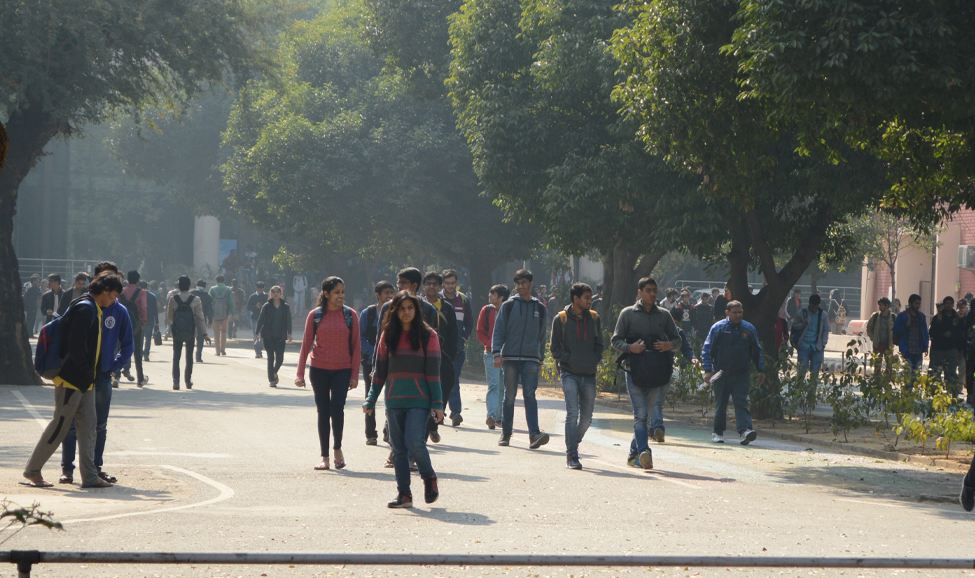As part of NDIC’s mandate to build a community of innovators in the data sphere, one of its activities was to seek research proposals on data collection methods. In 2018-19, the theme of the research grant was Methodological Experiments with Telephone Surveys in India. The 2019-2021 proposal was based on methods to improve data quality. The eligible applicants included affiliates from academic or research institutes, non-profit organisations, and private companies having offices within India. The goal of this grant was to facilitate a collaboration between research institutions and NDIC researchers in future activities, allowing the Centre to expand its network and the skill sets of professionals associated with it. The RFPs outlining broad research topics and the final reports submitted by these institutional grantees can be accessed below …
2018-19
Request for Proposal (RFP)
- NCAER-NDIC has invited Proposals on Methodological Experiments with Telephone Surveys in India. The focus of the RFP was to seek proposals on data collection experiments involving phone surveys across the following themes: household income and expenditure, labour force participation, financial inclusion, health insurance and out-of-pocket expenditure, gender equality and empowerment, other forms of social inequality, and agriculture.
- The last date for submission of proposals has lapsed. Detailed information is available here.
List of Partners and their Reports
- Sujatha Srinivasan Geetanjali GK and Anup Roy
- Payal Hathi, Amit Thorat, Nazar Khalid, Nidhi Khurana and Diane Coffey (This paper was presented in PAA2022 and can be accessed here)
2019-21
Request for Proposal (RFP)
- NCAER-NDIC invites proposals on methods to improve data quality across the following themes: gender equity, women’s time use, health system, health insurance and healthcare expenditure, employment and unemployment, family planning, and financial inclusion. The proposals should ideally focus on generating evidence pertaining to these specific areas relevant to data quality: Sampling frame for selection of ultimate sampling units, Use of paradata as a quality assurance mechanism, Controlling interviewer bias and variability in outcomes, Real time survey data and consistency checks, Use of machine learning techniques to identify patterns automatically, Secondary data analysis to quantify variability between interviewers.
- The last date for submission of proposals has lapsed. Detailed information is available here.
List of Partners and their Reports
